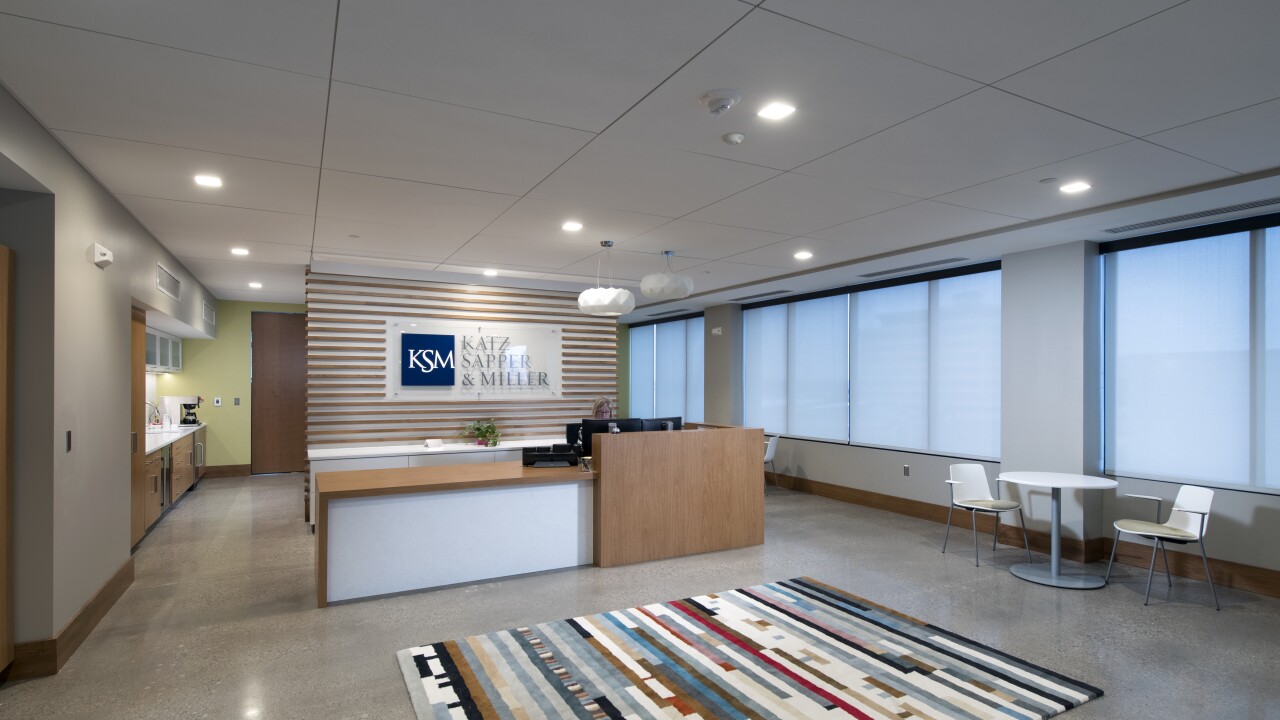IMGCAP(1)]The CPA test is one of the most difficult professional credential examinations where the average passing rate is one of the lowest in any professional qualification test.
To put things in perspective, consider that the pass rate in the early 2000s was approximately 30 percent. More recently, however, the pass rates have hovered near the 50 percent mark.
This is a big improvement in the trend, but still a very low rate when compared to similar professional examinations, such as the bar exam that lawyers are required to pass before practicing law.
Why Have the CPA Exam Passing Averages Increased?
In my opinion, passing rates on the CPA exam have improved for a few reasons:
• Pre-2003, the CPA exam was a pen and paper exam spanning two full days. A CPA candidate was required to take all four parts at once.
• The testing timeframes were much shorter and there was very little flexibility in exam scheduling, thus making it difficult for candidates to plan around the CPA exam preparation process.
• In 2004, the Uniform CPA Exam transitioned to a Computer-Based Testing examination, allowing more flexibility in terms of preparing for and scheduling the CPA exam.
• CPA candidates are no longer required to take all four parts of the exam in one sitting and can space out each part over the course of 18 months.
• The Sarbanes-Oxley Act was established in 2002, increasing the need for CPAs more than ever.
Research by the American Institute of CPAs, the organization that administers and controls the CPA exam, shows that 75 percent of all CPAs in the U.S. are going to be retiring or nearing retirement by 2018.
By making the CPA exam process more flexible and less taxing on aspiring accountants, the AICPA is able to fulfill the projected demand for CPAs in the ever growing and broadening profession of accounting.
Trends in CPA Salaries
What are CPA salaries like today? According to Robert Half, a reputable accounting and finance recruiting firm, CPA salaries have increased an average of 3 to 4 percent each year since the early 2000s. This trajectory is only expected to increase over time as the roles of accountants have broadened and increased in today’s business environment.
As a hiring manager in a CPA profession, I observed the average CPA starting salary increase throughout my years in the private sector. Benchmarking continues to show that the CPA generally earns more relative to most other professions for someone with just a four-year bachelors degree, with someone entering the job environment having completed an additional year of schooling (i.e., masters degree) commanding an even higher starting salary.
The Big Four accounting firms still offer a higher starting salary to those entering the profession already having passed the CPA exam. Candidates who later pass the CPA exam are offered reimbursement for the study material and exam fees, as well as an increase in salary.
Starting salaries in accounting have increased over time. A new college graduate can expect between $50,000-60,000 per year working in public accounting, and a slightly lower salary working in the private sector. Mid-career, management and executive salaries have followed suit, which is well evident in the annual accounting and finance salary guide published by Robert Half.
Sunil Kumar is an accounting teacher, CPA exam and career coach, and the author of the CPA Requirements blog. He started to write about the accounting profession to guide aspiring CPAs in attaining and expediting their career success as a way to give back to the wonderful profession of accounting. He has also developed a free CPA review course that has helped hundreds of candidates pass the CPA exam. You can read his blog at





